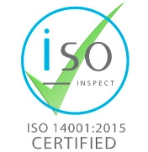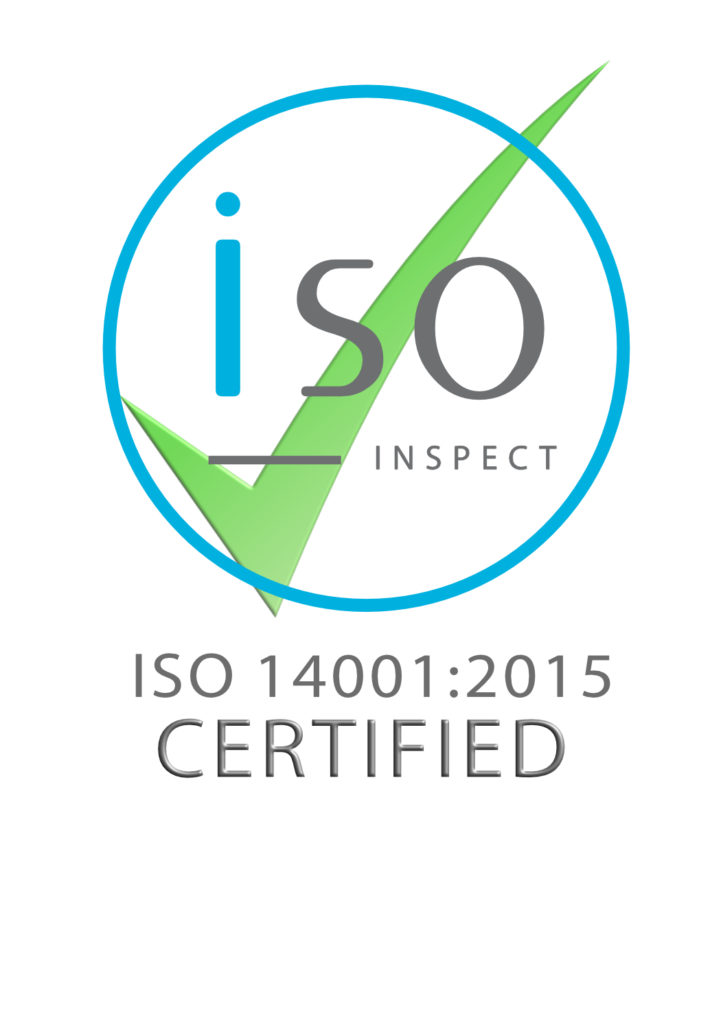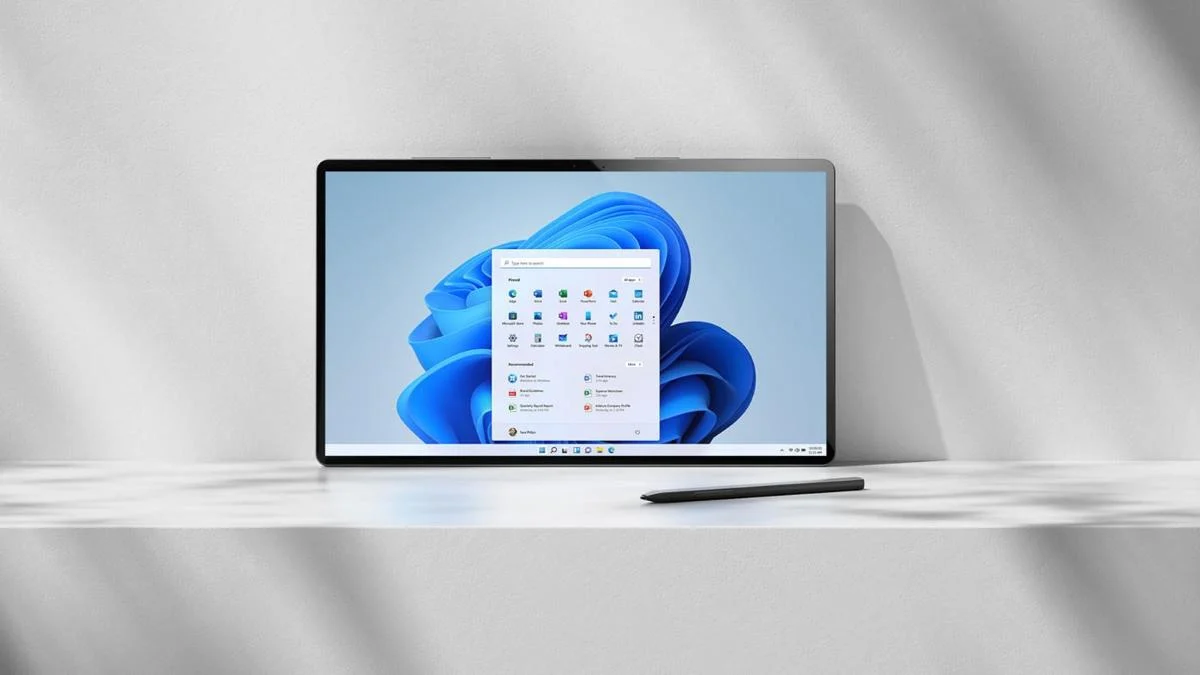
When anticipated and inevitable software upgrades roll around, it may trigger flow-on dilemmas, including forcing older hardware into redundancy.
Unfortunately, for many organisations, that means moving old IT hardware into storage, a cost that cannot be recouped and a security risk.
This may be a familiar story, or one that looks set to be on the cards with an impending Windows 11 update.
Why Upgrade?
Despite possible hurdles, it’s still important to keep up to date with new software improvements to up level your functionality and ensure you can work with necessary apps.
Going past the “best before” date on software can compromise your cyber security, as the support offered by developers transfers to the new upgraded model, with holes left behind to widen to hackers.
A Bug Problem
If you’re yet to upgrade, one consideration is the inevitable wave of bugs found after a major upgrade, regardless of the huge amount of prior testing before its release. These will be updated for you monthly when Windows issue revisions, but it can be frustrating in the meantime.
Incompatibility
As with any upgrade, Windows 11 has certain requirements of the hardware it is uploaded to. Importantly, your CPU will have to be made after 2019 if it is to be compatible; 7th Generation Intel CPUs or earlier will not be offered the Windows 11 upgrade.
Being unable to upgrade brings into play the above issues – susceptibility to cyber-attack and incompatibility with other applications you need in your work processes.
Overcoming the Dilemma
If you need new hardware to upgrade Windows 11, this can be costly and cause an eWaste problem – you can’t throw it away, you can’t give it away, you probably can’t get a realistic resale value, and sometimes you can’t dispose of it at all if it has a remaining book value.
At Secure Computer Recycling and Disposal (SCRD), it’s our core business to understand the difficulties in resourcing and managing the never-ending cycle of outdated equipment, confidentiality, storage and replacement in a secure, ethically and environmentally minded way.
Having an IT partner who can do this for you is often one of the easiest, economical and most responsible ways to overcome the dilemma, helping to:
- Curb IT over spending with budget solutions
- Facilitate responsible disposal
- Resale options with access to international markets
- Protect your data with guaranteed, secure deletion
- Safe storage of equipment on your behalf
Secure Deletion
Even when you think you’ve cleared a device, computer forensics and hackers can recover confidential information, unless you take the right steps to wipe it clean for good.
There are an increasing number of free data erasing apps that promise to permanently delete your files and folders, but free is not always safe, especially when it’s an online, you could be handing over your confidential information.
SCRD ensures best-practice, guaranteed, certified deletion and includes physical shredding on specialized equipment.
eWaste Recycling
SCRD was set up to tackle the growing problem of eWaste in Western Australia, and for 14 years, that’s what we’ve been helping to do in the corporate, education, government, mining, health sectors and more.
EWaste includes harmful toxins which need specialist treatment to dispose responsibly and we divert more than 94% of eWaste from landfill.
We help businesses meet sustainability targets as well as working with international charities to provide equipment to developing communities.
Do the Right Thing – for your company, community and the planet.
SCRD is underpinned by S.A.V.E – Security, Accessibility, Value and Ease.
If you’d like to find out more about our services, or book a free, no obligation consultation with our team, contact us today.
CASE STUDIES
Who we have helped
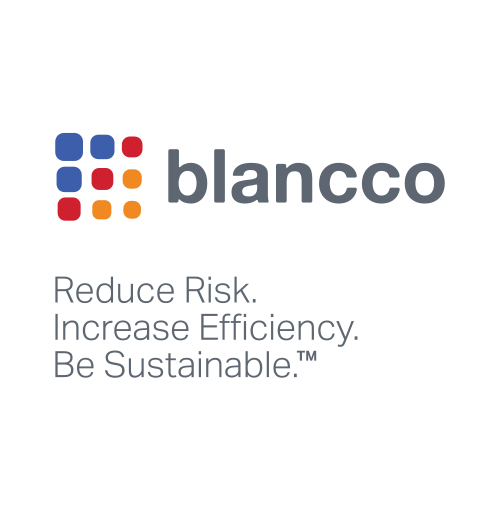
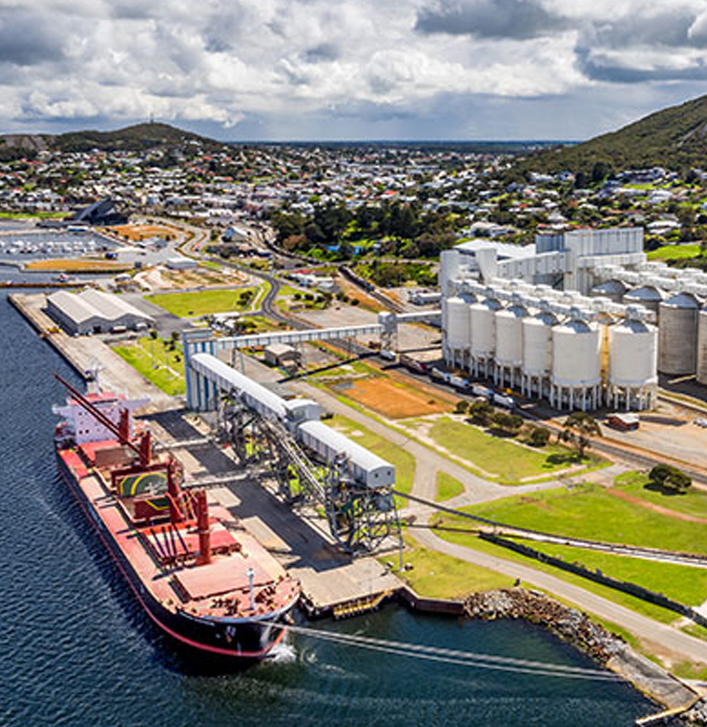
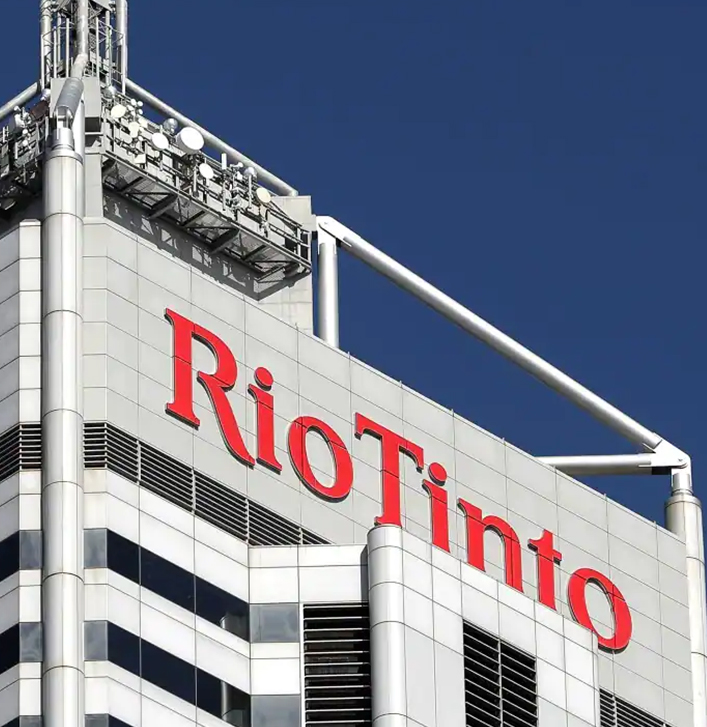
Rio Tinto
Remove, refurbish, store 2,560 laptops. Reinstall into newly finished offices.
Click to View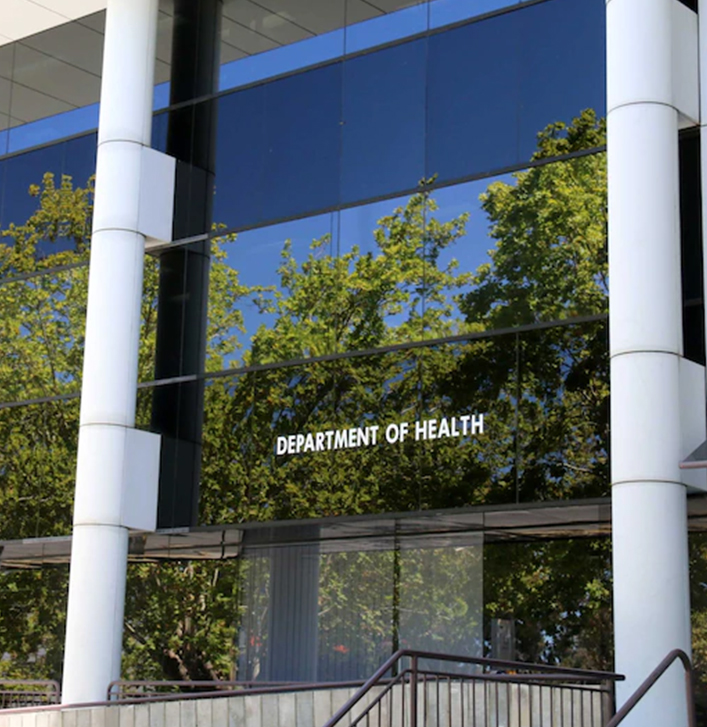
Health Dept of WA
Decommission and securely delete highly confidential data in 10,000+ assets.
Click to View Head Office: 8 Blackly Row, Cockburn Central WA 6164
Head Office: 8 Blackly Row, Cockburn Central WA 6164
 Phone:
Phone:  Head Office:
Head Office:  Monday – Thursday:
Monday – Thursday:
